-
Understanding the Warning Signs of a Heart Attack

A heart attack is a medical emergency that requires immediate attention, yet its early warning signs are not always obvious or easily recognized. Symptoms can vary in intensity and presentation, making timely identification fundamental for reducing complications and improving outcomes. Here’s more information on understanding the warning signs of a heart attack: Identifying Physical Warning
-
The Importance of Regular Echocardiograms for Monitoring Heart Conditions
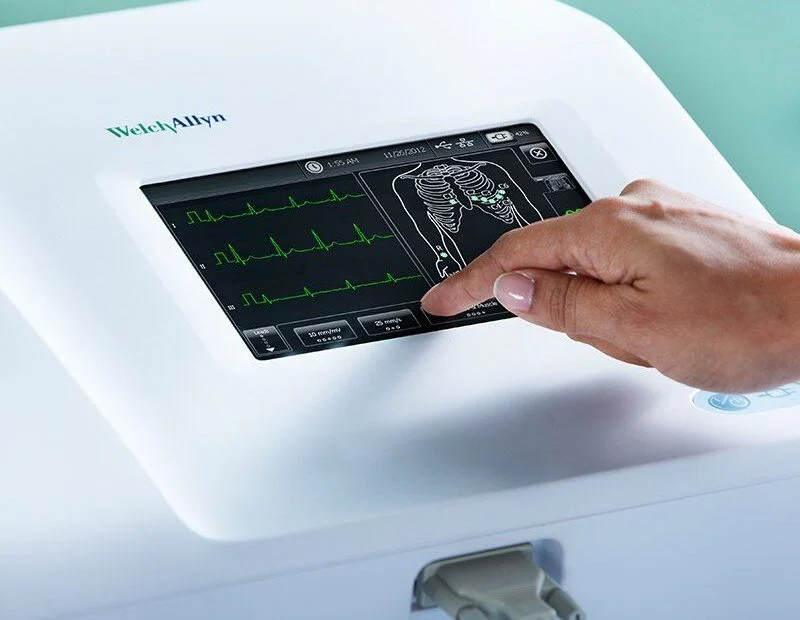
An echocardiogram is a medical test that uses ultrasound technology to create detailed images of the heart. For individuals with known cardiac conditions, regular echocardiograms can be a component of their long-term management plan. This consistent monitoring supports ongoing care coordination by providing a clear view of the heart’s status over time, helping specialists track
-
Understanding the Importance of Cardiac Catheterization in Diagnosing Heart Conditions

Cardiac catheterization is a commonly used method in cardiology that offers detailed insight into the condition of a patient’s heart. The information obtained can help clinicians identify underlying issues affecting the heart’s performance. By using specialized instruments and imaging, the procedure enables precise observation of blood flow, the state of the coronary arteries, and overall cardiac
-
Risk Factors and Management Strategies for Coronary Artery Disease
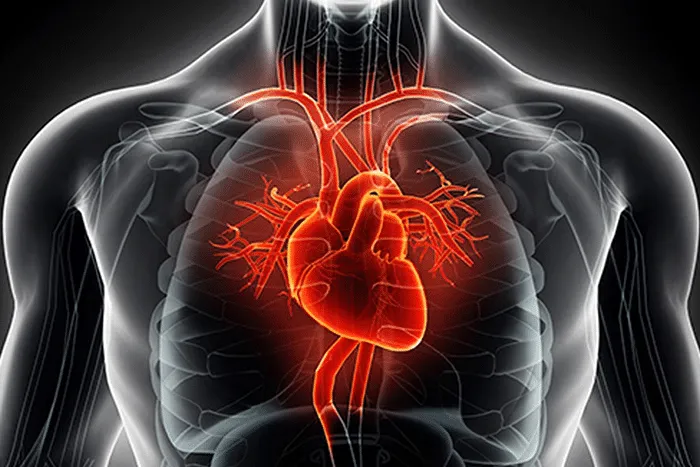
Heart health is a cornerstone of overall well-being, and understanding potential risks is key to prevention. Coronary artery disease is one of the causes of heart-related complications. Here’s more information on the risk factors and management strategies for coronary heart disease: Coronary Disease and Its Causes Coronary artery disease, also known as coronary heart disease
-
What to Expect and How to Prepare for Your Endoscopy

An endoscopy represents an effective diagnostic tool available to physicians for examining internal organs and structures. This medical procedure allows doctors to visualize areas of your body that would otherwise remain hidden, providing valuable insights into your health and guiding treatment decisions. Understanding what this procedure involves and how to prepare can help you undergo
-
Common Triggers of Palpitations and How to Manage Them
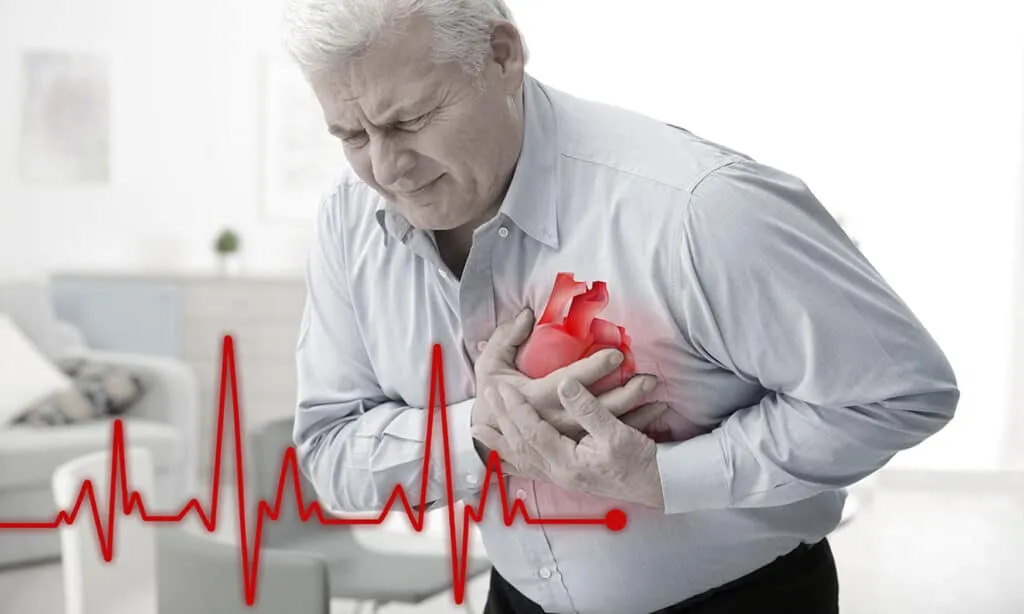
Palpitations are sensations of a rapid, fluttering, or irregular heartbeat. Many people experience palpitations at some point, which can be alarming even when not dangerous. They can result from a variety of factors, including stress, caffeine, certain medications, or hormonal changes. Identifying the cause of palpitations helps guide appropriate management and lifestyle adjustments. Keeping a
-
What Patients Should Know About Pacemakers
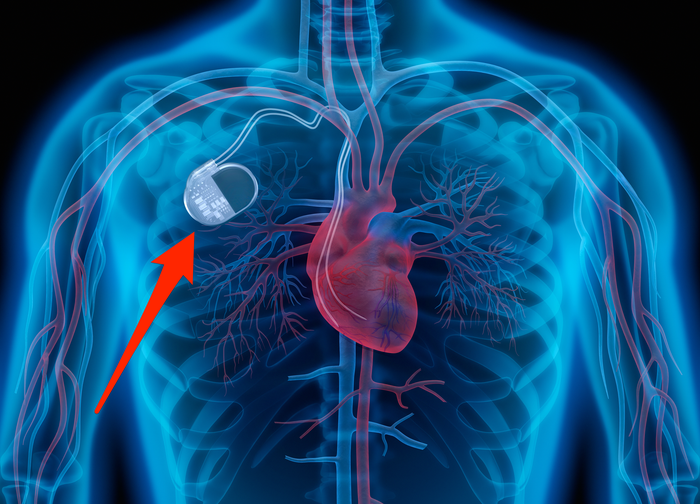
Pacemakers are small medical devices that help regulate abnormal heart rhythms by delivering electrical impulses to the heart muscle. These devices play a role in managing various cardiac conditions. Understanding how they function, when they’re necessary, and what to expect can help patients make informed decisions about their cardiac care. How Pacemakers Work A pacemaker
-
4 Common Cardiology Procedures
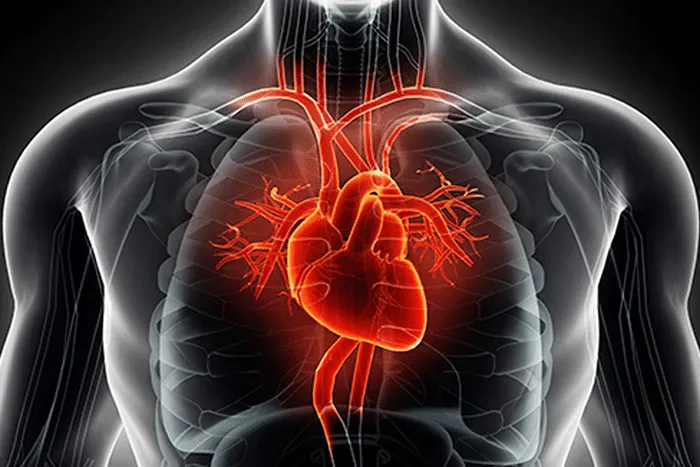
Cardiovascular conditions make cardiology procedures a necessary component of modern healthcare. These interventions help restore proper heart function, improve blood flow, and enhance quality of life for patients with various cardiac conditions. Understanding the most frequently performed procedures can help patients make informed decisions about their cardiovascular care and prepare for potential treatment options. Angioplasty
-
How Heart Specialists Approach the Treatment of Hypertension

A heart specialist plays an active role in guiding patients through the challenges of hypertension. Hypertension, often called high blood pressure, requires careful evaluation and a tailored plan for management. A heart specialist begins by assessing lifestyle patterns, daily routines, and personal health goals to create an approach that feels achievable. They look beyond numbers
-
What Patients Should Know About Innovative Techniques in Cardiology
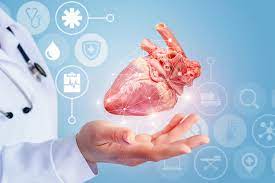
Innovative techniques in cardiology are reshaping the landscape of heart care, introducing methods that improve both diagnosis and treatment. These advancements aim to enhance patient outcomes while reducing recovery times, offering new possibilities within cardiovascular health management. Whether addressing complex conditions or routine procedures, understanding these innovations can help patients make informed decisions about their

